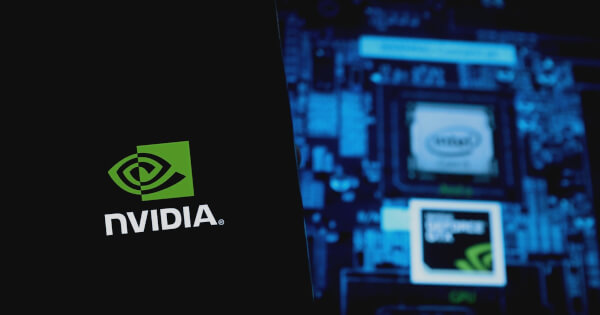In the financial services sector, portfolio managers and research analysts are constantly sifting through vast amounts of data to gain a competitive edge in investments. The ability to make informed decisions hinges on access to pertinent data and the capability to quickly synthesize and interpret it, according to the NVIDIA Technical Blog.
Traditional vs. AI-Driven Analysis
Traditionally, sell-side analysts and fundamental portfolio managers have focused on a limited number of companies, meticulously examining financial statements, earnings calls, and corporate filings. Systematic analysis of financial documents across a broader trading universe has been a challenge, typically accessible only to sophisticated quant-trading firms due to its technical and algorithmic complexities.
Traditional natural language processing (NLP) methods such as bag-of-words, sentiment dictionaries, and word statistics often fall short when compared to the capabilities of large language models (LLMs) in financial NLP tasks. LLMs have demonstrated superior performance in domains like medical document understanding, news article summarization, and legal document retrieval.
Enhanced Capabilities with NVIDIA NIM
Leveraging AI and NVIDIA technology, sell-side analysts, fundamental traders, and retail traders can significantly accelerate their research workflow, extract more nuanced insights from financial documents, and cover more companies and industries. By adopting these advanced AI tools, the financial services sector can enhance its data analysis capabilities, saving time and improving the accuracy of investment decisions. According to the NVIDIA 2024 State of AI in Financial Services survey report, 37% of respondents are exploring generative AI and LLMs for report generation, synthesis, and investment research to reduce repetitive manual work.
Analyzing Earnings Call Transcripts with NIM
Earnings calls are a vital source of information for investors and analysts. By analyzing these transcripts, investors can glean valuable insights about a company’s future earnings and valuation. NVIDIA NIM provides the tools to carry out this analysis efficiently and accurately.
Step-by-Step Demo
The demo uses transcripts from NASDAQ earnings calls from 2016 to 2020. The dataset includes a subset of 10 companies, and 63 transcripts were manually annotated for evaluation. The analysis involves answering questions about revenue streams, cost components, capital expenditures, dividends or stock buybacks, and significant risks mentioned in the transcripts.
NVIDIA NIM Microservices
NVIDIA NIM offers optimized inference microservices for deploying AI models at scale. Supporting a wide range of AI models, NIM ensures seamless, scalable AI inferencing, on-premises or in the cloud, leveraging industry-standard APIs. The microservices can be deployed with a single command, facilitating easy integration into enterprise-grade AI applications.
Building a RAG Pipeline
Retrieval-augmented generation (RAG) enhances language models by combining document retrieval with text generation. The process involves vectorizing documents, embedding queries, reranking documents, and generating answers using LLMs. This method improves the accuracy and relevance of the information retrieved.
Evaluation and Performance
Performance evaluation of the retrieval step involves comparing ground-truth JSON with predicted JSON. Metrics such as recall, precision, and F1-score are used to measure accuracy. For instance, the Llama 3 70B model achieved an F1-score of 84.4%, demonstrating its effectiveness in information extraction from earnings call transcripts.
Implications for Financial Services
NVIDIA NIM technology is poised to revolutionize financial data analysis. It enables portfolio managers to quickly synthesize insights from numerous earnings calls, improving investment strategies and outcomes. In the insurance industry, AI assistants can analyze financial health and risk factors from company reports, enhancing underwriting and risk assessment processes. In banking, it can assess the financial stability of potential loan recipients by analyzing their earnings calls.
Ultimately, this technology enhances efficiency, accuracy, and the ability to make data-driven decisions, giving users a competitive edge in their respective markets. Visit the NVIDIA API catalog to explore available NIMs and experiment with LangChain’s integration.
Image source: Shutterstock









